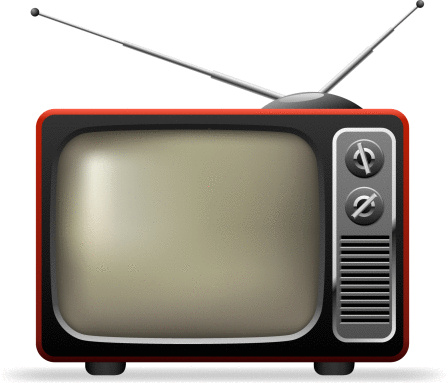
Source: thinkstock
The end of Aereo does not mean that other companies will give up. An analyst at The Diffusion Group wrote Wednesday on the company’s blog:
As long as OTA broadcasting exists, it will attract a never-ending string of entrepreneurs who want to make something out of nothing by bottling free TV content and selling it. To date, each of these efforts has run aground on some combination of technical, business, or legal barricades. Aereo seemed to have overcome the first two challenges. Unfortunately, its lawyers were not quite so fortunate. …
The US TV industry is not about to let anyone build a for-profit business on the basis of capturing free content and reselling it to the consumer. One way or another, the content owners are always going to regain control over the content. One would hope that the Aereo decision would make this clear to future would-be TV entrepreneurs …
ALSO READ: Americans Watch Only 17 TV Channels
The big losers here are the traditional cable and satellite pay TV providers. Control of providing OTA programming over broadband will ultimately be driven by apps created by the networks and production companies in an expanded universe of the current TV Everywhere model that is being promoted by the cable and satellite providers.
The networks will cut out the pay-TV companies by simply refusing to sell their content. Alternatively, networks will be owned by bigger media companies, in much the same way that Walt Disney Co. (NYSE: DIS) owns ABC and Comcast Corp. (NASDAQ: CMCSA) owns NBC. Why cut anyone else in when the network can control the content and the distribution?
There will still be cable and satellite TV, of course, but the big TV networks will hold onto the broadband packages and either refuse to license them or, more likely, license them to be used only with the network’s own app, which would allow the network to keep the ad revenues and the licensing fee and compete with the pay-TV companies for subscription revenue. This is not an optimum long-term business model, especially for satellite players Dish Network Corp. (NASDAQ: DISH) and DirecTV (NASDAQ: DTV). DirecTV is about to be acquired by AT&T Inc. (NYSE: T), but Dish needs a (big) partner and Verizon Communications Inc. (NYSE: VZ) has already said it isn’t interested.
ALSO READ: America’s Most Unusual Public Companies
Take This Retirement Quiz To Get Matched With An Advisor Now (Sponsored)
Are you ready for retirement? Planning for retirement can be overwhelming, that’s why it could be a good idea to speak to a fiduciary financial advisor about your goals today.
Start by taking this retirement quiz right here from SmartAsset that will match you with up to 3 financial advisors that serve your area and beyond in 5 minutes. Smart Asset is now matching over 50,000 people a month.
Click here now to get started.
Thank you for reading! Have some feedback for us?
Contact the 24/7 Wall St. editorial team.



